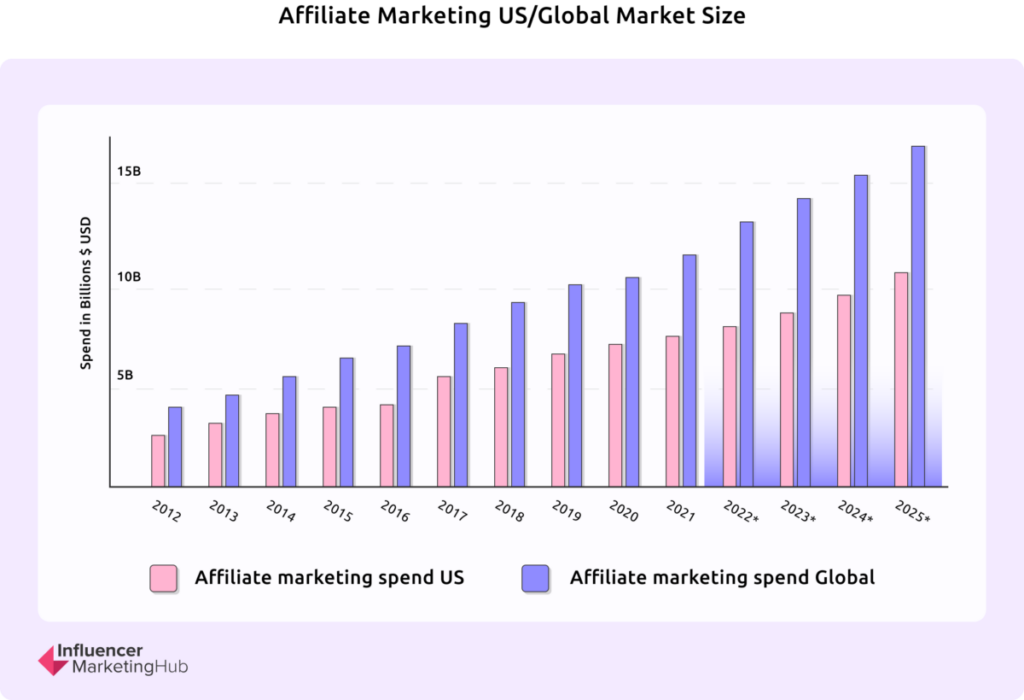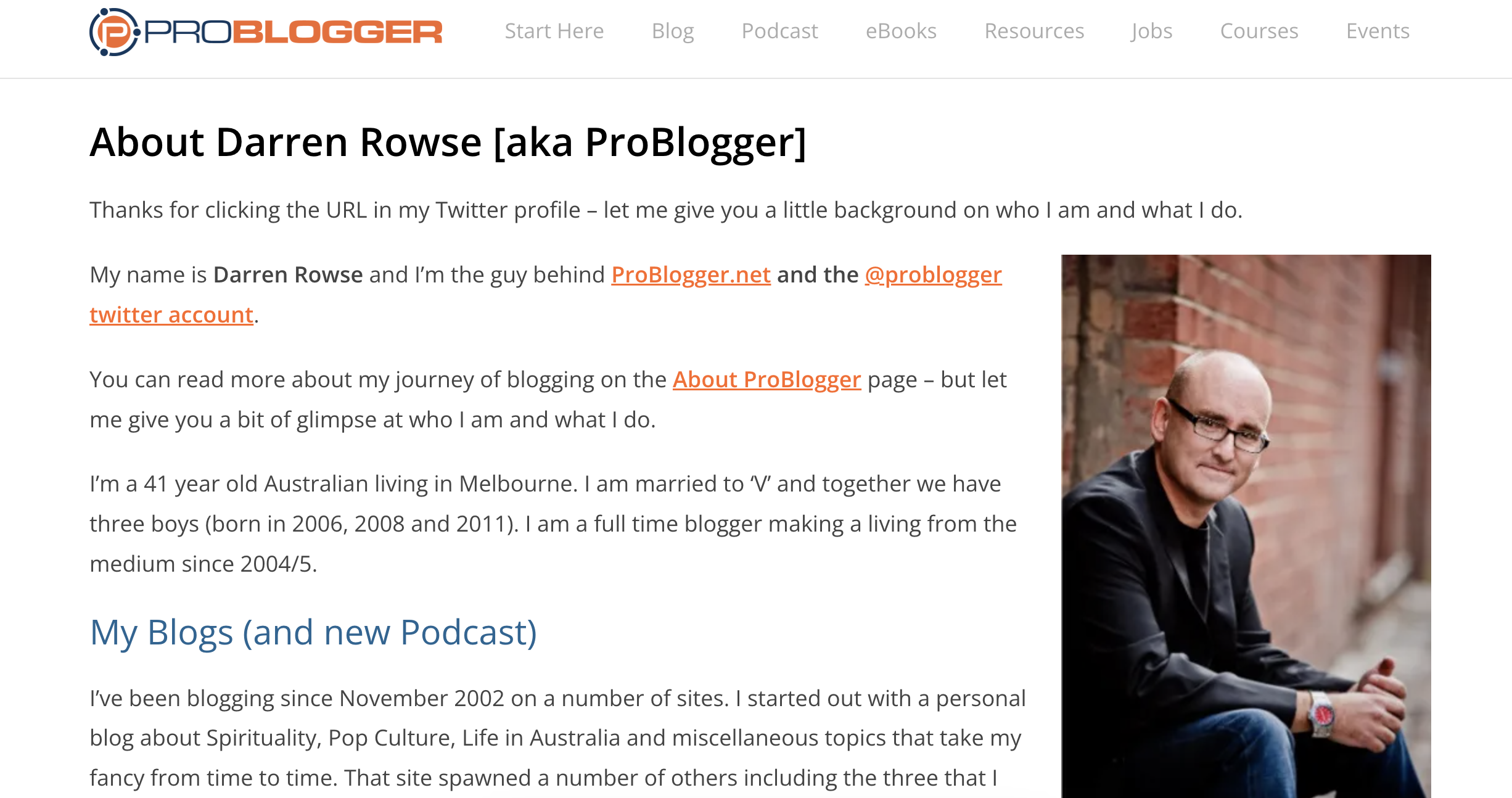By now, you’ve probably heard all the buzz about affiliate marketing and are probably thinking if that is really the deal or if it could be just another one of those internet fables, right?
So, put on your detective hat with us as we really try to sift the wheat from the chaff when it comes to the world of affiliate marketing.
If I were to put an analogy to it, think of affiliate marketing as your ticket to the VIP section of the online money-making concert — only that this time, there is an enormous line of gatecrashers trying to get in.
We’re talking about a journey from zero to hero, where you start with more questions than answers.
Will you get rich overnight?
Can you trust these programs?
What are the chances to get scammed?
Well, then: let’s lace those boots up, set our sights firm on that sunny path of clarity, and stride right down the middle of this adventure lane with just enough wit to poke fun at ourselves a little, a light dusting of skepticism, and a lot of genuine honesty.
Ready? Let’s roll!
The Legitimacy of Affiliate Marketing
The point is that whether affiliate marketing has legitimacy or not is not at all an issue of opinion but is based on hard facts and real success stories in life.
Speaking of the affiliate marketing industry, it surged to an impressive $14.2 billion by the end of 2023, targeting around 16% of all the eCommerce world online orders, thanks to different affiliate marketing strategies.

This growth isn’t just in broad markets; niche areas have seen remarkable success too.
56%, for instance, were affiliate programs during the COVID-19 lockdown that were reporting to gain higher revenue by making the most of shifts in customer behavior towards e-commerce.
Real-life examples abound of individuals and sites turning affiliate marketing into lucrative careers.
Charles Ngo was one of the best affiliates ever, respected from his very first campaigns and finishing his career with a profit of more than a million dollars a year.
At the same time, Darren Rowse over at ProBlogger was able to turn his love of blogging into a big revenue stream by showing what affiliate marketing combined with great content can do.

These are no individual stories but rather typical examples of what can be achieved with the right strategy, effort, and perseverance.
The Problem of Affiliate Marketing Misconceptions
Despite its potential, affiliate marketing is often clouded by skepticism and misconceptions.
Critics, in their opinion, say it is either a transitory chance or too good to be true, but statistics and success stories fight them strongly.
The success secret in affiliate marketing is not the rush of getting quick wins by just making the money but rather having the ability to build a credible platform and know your audience well enough in order to make honest recommendations that will mean value for them.
As research presents, successful affiliates have only three things: dedication, a smart strategy, and an opportunity to be adaptive and grow within the industry.
This mixture of statistical evidence and individual achievements clearly defines: affiliate marketing is a legitimate and feasible source of online income.
This provides an interesting way for a person to exploit their niche expertise and audience trust, turning that into an economically viable revenue source.
Maybe it’s inspired by the development of this industry or success stories brought to them by successful colleagues — affiliate marketing remains one of the luring ways to the hearts of those who are capable of wise effort investment.
How Affiliate Marketing Works
Now that you know affiliate marketing is not some kind of mystical creature but a real monster, you probably would want to know how this beast actually works, right?
It is just like selling in an affiliate marketing that plays in a busy marketplace, where three players come: there are merchants, affiliate networks, and finally, customers.
Merchants are the creators or sellers who have products or services they’re itching to sell.
They’re like chefs in a food market, offering their delicious dishes to anyone who walks by.
Enter the affiliate networks, the matchmakers of our marketplace.
They connect merchants with affiliates, those savvy marketers eager to spread the word about the merchants’ offerings.
They would be called food critics, who know which dish will make the crowd go wild.
Affiliates then showcase such products using their platform, be it blogs, social media, or even YouTube channels, for that matter.
In fact, they are somewhat like billboards that could take the poor people to the stands of the cooks.
Here’s where the magic happens: affiliates are given special links to track the referrals made to a customer who ends up clicking and buying upon recommendation.
It’s like having a secret handshake that tells the merchant, “Hey, this sale came from me!”.
Affiliates are paid in return for their matchmaking skills through a commission, which will be discussed again depending on the agreement with the merchant or a slice of the sales pie.
The beauty of this system? Everyone wins!
The merchant gets his wares sold, the affiliates get paid for their marketing skills, and the customers get to find great products that they would have probably missed.
Spotting and Avoiding Scams
While the affiliate marketing sector burgeons, it has also become fertile ground for scams targeting eager marketers.
The main traps in such scams are twofold: one snares affiliates into spending money on access to tools or resources they should have freely available or at a very low cost, and the other lures them into endorsing products or services for a questionable company and risks innocent customers.
The goal is always to stay one step ahead by being informed and vigilant.
Here are top tips on spotting and avoiding affiliate marketing scams, including real-life examples:
🔴 Red Flag 1: Unrealistic Earnings Promises
If a program claims “easy money” or “instant financial success,” be wary.
Affiliate marketing is real and legal, demanding time, effort, and strategic planning.
Promises of miraculous outcomes, like curing incurable diseases, are not just unrealistic but definitely illegal and unethical.
🔴 Red Flag 2: Pressure to Purchase Products
Programs requiring you to buy products before you can promote them typically focus more on recruitment than actual sales, resembling a pyramid scheme.
This model, driven by recruitment fees instead of genuine sales, is unsustainable and unethical.
🔴 Red Flag 3: Lack of Transparency
A trustworthy affiliate program should be clear about payment terms, commission rates, and operational details.
Vagueness or withholding information can signal management issues or instability within the program.
🔴 Red Flag 4: Upfront Fees
Legitimate affiliate programs do not require fees for joining.
Programs demanding upfront fees often profit from these charges rather than from real sales, which is unsustainable for building a genuine business.

🔴 Red Flag 5: Short Cookie Duration
Cookies should allow a reasonable time to credit sales generated by your marketing.
Unusually short durations can disadvantage you, reducing your commission potential.
🔴 Red Flag 6: Short Cookie Duration
It’s challenging to market products from unknown or disreputable brands.
Partnering with well-known and respected companies is crucial for earning customer trust and successful promotion.
🔴 Red Flag 7: Limited Affiliate Support
Poor support services, such as limited access to representatives, inadequate marketing materials, and poor communication, indicate a low commitment to affiliate success.
🔴 Red Flag 8: Restrictive Terms in Agreement
Overly restrictive terms that limit your marketing creativity and control how and where you advertise can significantly restrict your earning potential.
🔴 Red Flag 9: No Performance Metrics
Access to detailed analytics and performance metrics is key for optimizing your strategies.
A lack of such data suggests weaknesses in program management.
🔴 Red Flag 10: Frequent Changes to Commission Structure
Frequent and unclear changes to commission structures can destabilize your expected earnings and complicate financial planning.
Real-Life Examples of Affiliate Scams
The potential for profit in affiliate marketing unfortunately also attracts dishonest activities, where scammers devise schemes to deceive both businesses and consumers.
Such fraudulent behavior not only leads to financial losses but also damages reputations.
This discussion is particularly relevant after understanding the 10 red flags of bad affiliate programs.
Let’s explore actual cases of affiliate scams to illustrate the techniques used by fraudsters and the consequences for those affected.
These real-life examples underscore the importance of thorough checks in managing affiliate marketing activities.
- Fraudulent products/services: Some affiliates market products promising miraculous results, such as the “Herpes Blueprint,” which falsely claims to cure herpes, an incurable virus. This not only misleads consumers but also significantly harms the promoter’s reputation and ethical standing.
- Click fraud and spoof traffic: Scammers use bots or click farms to generate fake clicks or traffic to affiliate ads, inflating performance metrics and causing financial losses to advertisers who pay for these fictitious interactions. Techniques like ad stacking or click injection are commonly used to exploit pay-per-click programs.
- Lead fraud: Fraudsters manipulate affiliate programs by generating fake or stolen leads. This includes submitting leads with incorrect or incomplete information, purchasing unverified leads from third-party providers, or creating leads from fake accounts, leading to financial and operational setbacks for legitimate businesses.
- iFrame and pixel stuffing: This involves embedding an ad into a 1×1 pixel frame or layering multiple ads over one another, making them invisible to users but still counted as impressions. This type of fraud results in advertisers wasting budgets on non-viewable advertising.
- Domain spoofing: Fraudsters create websites that mimic legitimate ones to sell ad space. Advertisers unknowingly buy space on these fake sites, believing they are high-traffic, legitimate websites, which leads to financial losses and potential brand reputation damage.
- Influencer fraud: Scammers create fake accounts or use bots to inflate followers and engagement metrics, posing as attractive partners for brands. Often, the fraud is only detected after the affiliate has vanished with the commission.
To protect yourself, it is essential to choose reputable affiliate networks, verify product quality and legality, stay updated on industry news, and always trust your instincts.
Conclusion
Alright, let’s wrap this up with a chuckle and some straight talk, shall we?
If affiliate marketing was a burger, we really have just eaten the patty, lettuce, and cheese, leaving the skepticism bun behind.
We have traveled the land of opportunity, veered from the potholes of scams with our savvy radar, and now surveyed the prospect land of wealth (or at least a decent sideline).
Remember that the rule of the game in this isn’t “get rich quick,” more like “slow and steady wins the race… and doesn’t get taken to the cleaners along the way.”
Stick with programs that don’t make you fork over money upfront, side-eye the promises that are too good to be true, and for heaven’s sake, let’s keep our wits sharper than a tack stuck in the office chair of a Silicon Valley executive.
So, with that being said, a toast to all of us to get our wallets a bit fatter, ethically, and have a good, hearty laugh at those fools trying to take a shortcut through Scamville.
So, ladies and gentlemen, let’s plunge in with joy in our hearts, skepticism in our minds, and a good bit of realism in our expectations. Happy affiliate adventuring!
Learn more:
Common FAQs
Focusing on the legitimacy aspects of affiliate marketing, let’s address some common questions:
1. Q: How can I tell if an affiliate program is legitimate?
A: A legitimate affiliate program will be transparent about its terms, offer realistic earnings, and not require payment to join. Look for reviews from other affiliates and check the reputation of the company behind the program.
2. Q: Are there legitimate affiliate marketing programs that don’t require an upfront fee?
A: Yes, most reputable affiliate programs do not require an upfront fee to join. Programs that demand payment for participation are often red flags for potential scams.
3. Q: How do I protect myself from affiliate marketing scams?
A: Protect yourself by conducting thorough research on affiliate programs, reading reviews, and understanding the terms and conditions. Be wary of programs that promise unrealistically high earnings or require you to purchase products upfront.
4. Q: Can affiliate marketing be a stable source of income?
A: While affiliate marketing can provide a stable source of income, it often requires time to build up to a significant level. Stability can vary based on the niche, market demand, and your marketing efforts.
5. Q: What are the signs of a scammy affiliate program?
A: Warning signs include unrealistic promises of high earnings with little effort, lack of transparency about the program, requiring payment to join, and not providing support or contact information.
6. Q: How much time does it typically take to start seeing earnings from affiliate marketing?
A: The time to start seeing earnings can vary widely. Some affiliates may see results within a few months, while others might take longer. Success in affiliate marketing is often the result of consistent effort and strategic planning.
7. Q: What should I look for in the terms and conditions of an affiliate program to ensure its legitimacy?
A: Look for clear information on payment structure, commission rates, payment timing, and any rules or restrictions on how you can promote their products. Legitimate programs will clearly outline these details.












